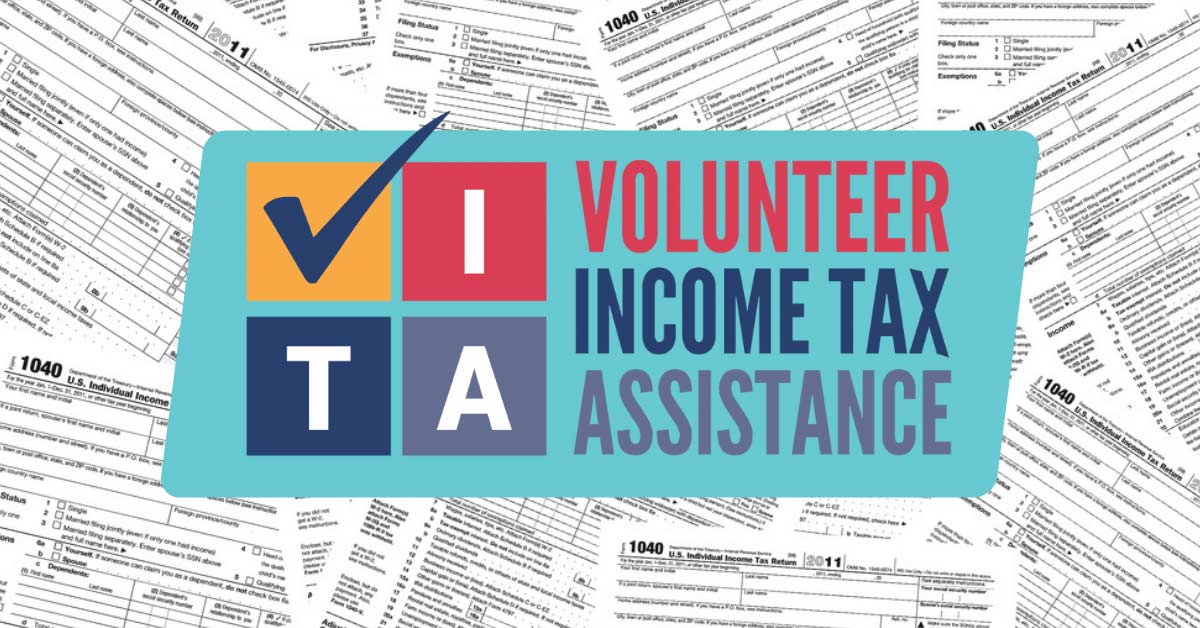Faculty Commentary: Dr. Howard
Posted on April 14, 2022 by MCOB Outreach
Outside the Box and Inside the Mind of an Entrepreneur
There are countless articles and case studies written about the entrepreneurs who vastly outperform everyone else: Bill Gates, Jack Ma, Jeff Bezos, Mark Zuckerberg, Oprah Winfrey – the list goes on. Likewise, there are countless articles and case studies about what makes entrepreneurs different from “normal” people. While a multitude of causes can be attributed to why these people are different from the rest, many authors like to point towards personality as a primary cause.
Indeed, people like to put entrepreneurs on a pedestal and credit them for their successes. This has led to significant backlash in cases where the entrepreneur received a “head start” on others, typically by their family inheritance, but this recurrent focus nevertheless suggests that there may be something different about entrepreneurs themselves and more so extremely successful entrepreneurs.
Due to these notions, researchers have studied the personality of entrepreneurs for decades. Many researchers investigate individual personality traits or broad personality frameworks (e.g., Big Five, HEXACO), but a recurrent stream of research is the investigation of the Entrepreneurial Personality. While no firm definition has been provided, prior authors have considered the Entrepreneurial Personality to be the traits that make someone entrepreneurial and/or the traits that broadly relate to entrepreneurial outcomes across most contexts.
Until recently, there was only modest agreement regarding which traits researchers consider to be a part of the Entrepreneurial Personality. However, I recently published an article wherein I performed a systematic literature review to identify the traits that are most commonly used to represent the Entrepreneurial Personality, and it likewise reports a meta-analysis showing that each of these traits relate to entrepreneurial attitudes, intent, status, and performance. The most common indicators of the Entrepreneurial Personality are:
- Innovativeness – Tendency to adopt practices early, experiment, and produce novel outcomes.
- Risk Taking Propensity – Tendency to perform behaviors with uncertain outcomes.
- Achievement Orientation – Desire for accomplishing tasks and exceeding standards of performance.
- Proactiveness – Tendency to anticipate demand, seek out opportunities, and initiate action.
- Internal Locus of Control – Belief that outcomes are determined by oneself.
- Self-Efficacy – Belief that one can succeed at tasks.
- Autonomy Orientation – Desire for the discretion to schedule, decide, and enact the methods to complete tasks.
These results don’t mean that a person must have these traits to be an entrepreneur or even a successful entrepreneur. It does suggest that these traits could contribute. Entrepreneurs need to be forward thinking and identify opportunities to utilize (proactiveness). At the same time, opportunities rarely have clear outcomes, and entrepreneurs must be willing to take risks (risk taking propensity) and try new things (innovativeness). Entrepreneurship is often discouraging, however. For this reason, entrepreneurs need to believe that they control their future (internal locus of control), believe that they can achieve their goals (self-efficacy), and have a drive for achieving their goals (achievement orientation). Entrepreneurship rarely has a road map, though. Entrepreneurs must be comfortable with ambiguity and making their own decisions (autonomy orientation). Together, a person should consider emphasizing these attributes if they want to be an entrepreneur.
There are three last things to note about the Entrepreneurial Personality. First, the list should not be seen as final. Traits can always be added or removed. Second, personality is likely not the largest – or even a large – predictor of who succeeds as an entrepreneur. There are many other contributors, such as someone’s social network, resources, or opportunities. Third, recent research is showing that personality is more malleable than commonly believed. Just because you may not have these traits today doesn’t mean that you can’t have these traits tomorrow.
Dr. Matt C. Howard
Assistant Professor
Marketing & Quantitative Methods
-

Supply Chain Major Clayton Howell Claims Alabama State Title in Microsoft Excel
The Mitchell College of Business is proud to recognize Clayton Howell,...
February 19, 2026 -

Foundation for the Future: Industry Leaders Invest in Mitchell College Real Estate Program
A new era of the Mitchell College of Business real estate program bega...
February 2, 2026 -

Accounting Students Offer Free Income Tax Prep
Accounting Students in the Mitchell College of Business will be prepar...
January 29, 2026 -

Dr. Mickey Smith Receives Sam and Bonnie Rechter Research Grant
Dr. Mickey Smith, Associate Professor of Management for the Mitchell C...
January 8, 2026

